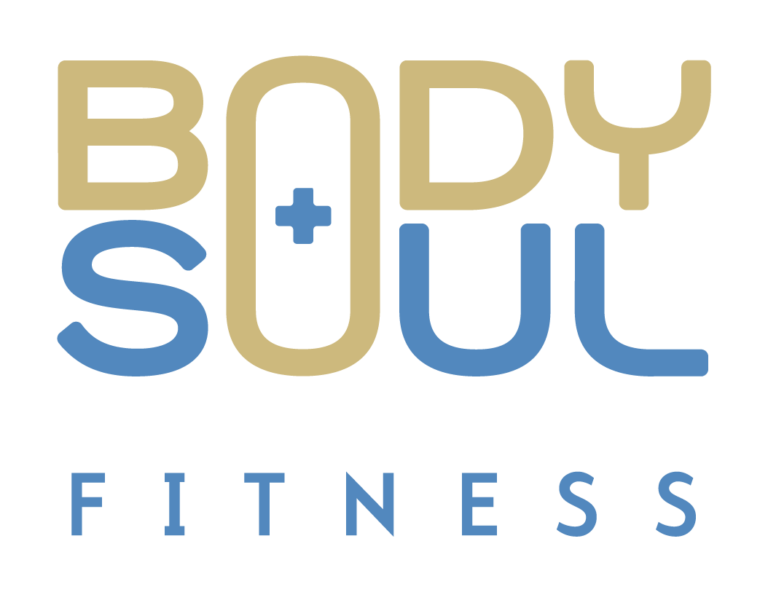Introduction
In this part we’re going to discuss the vital role that social support can play in helping you to achieve your goals. Support is crucial when you are trying to make a lifestyle change; your support system can motivate you and hold you accountable to your objectives. Social support may look different from person to person; it may change over time as well as across situations. At the end of the day, it’s up to you – the type and level of support that you require will be based on your own needs and desires – but surrounding yourself with people that encourage and push you to be the best version is easier than doing it all alone.
Your Support System
The first element of social support that we want to consider is who you are getting support from. For many of us, most of our biggest supporters in life are our family, friends, or coworkers. In the context of healthy behaviour change, support may also come from your personal trainer, physiotherapist, dietician, doctor, or other health care provider.
Four Main Types of Social Support.
Instrumental support
First up is instrumental or tangible support. Instrumental support involves getting practical assistance that supports your performance of a behaviour. This may include financial support, providing equipment, or help with transportation. An example of this would your partner taking care of your kids while you go to the gym or a friend dropping off meals for you and your family during a busy time.
Emotional support
Emotional support involves showing empathy towards another person. It occurs when you are able to openly express your feelings and attitudes in a trusting relationship. Emotional support can be delivered through encouragement, praise, empathy and open communication. A trainer or a workout buddy can provide this type of support by encouraging and motivating you in the gym and giving you praise for your efforts.
Informational support
Informational support comes in the form of instruction, demonstration, feedback, and advice. A trainer provides informational support by building your program, providing lifestyle education, demonstrating exercises, and giving you feedback. A friend who sends you some of her healthy recipes is another form of informational support.
Companionship support
Lastly, companionship support is when you feel connected with others during a shared activity and it’s similar to the concept of relatedness that we discussed in an earlier video. Having an accountability buddy, whether it’s your trainer or friend, attending a workout class, and feeling part of a larger community at
Body + Soul Fitness are all forms of companionship support.
Take a minute to reflect on which types of support are the most meaningful and effective for you. Once you’ve identified which types of support you need, let your support network know how they can help. In the context of exercise, social support is vital. Support can keep you going when you just don’t feel like it and can push you harder than you can push yourself. When you feel truly supported, you’ll feel confident in your ability to reach your goals and there’s no limit to what you can achieve.

Amanda Morch
Share This Post
Amanda introduces the workshop on behaviour change, and the actions you need to take in order to make meaningful, lasting changes in your life. She reviews what the series will cover, and how it will provide you with necessary tools and systems to help you effectively form new habits.
In this section, Amanda challenges you to explore your reasonings and motivations for change. She will work through various exercises to help you find your WHY: your driving force for change, and factors that might be holding you back.
Explore how the quality behind your motivations can influence your behaviour and in turn, the success of behaviour change. Amanda dives into the Self Determination Theory, walks you through the motivation continuum, and where your motivations should be on the continuum to ensure a more sustainable, and persistent change.
Autonomy, competence and relatedness. Amanda discusses how prioritizing these three needs can work to build confidence, and strengthen our motivation and willingness for change.
Amanda discusses habits, habit formation and how to turn a deliberate, intentional behaviour into something that’s more automatic. She teaches you the importance of starting small and focusing on consistency to guide you to your healthy lifestyle changes.
We can all appreciate the value of a strong social support system, but are you aware of the many different avenues and kinds of support that are out there for you? Amanda discusses the importance of finding a support system based on your own needs and desires, and the varying types of support systems you can seek.
Initiating a new behaviour can be difficult but maintaining it can be even more challenging. Amanda explores how we can continue to hold ourselves accountable to our goals as well as preparing for and dealing with relapse.
Are you on your cellphone and/or iPad late at night? Chris explores how artificial light, including electronics, should be avoided in the evening, and details tips to decrease your exposure.
